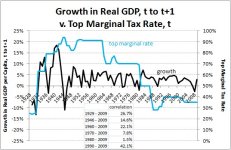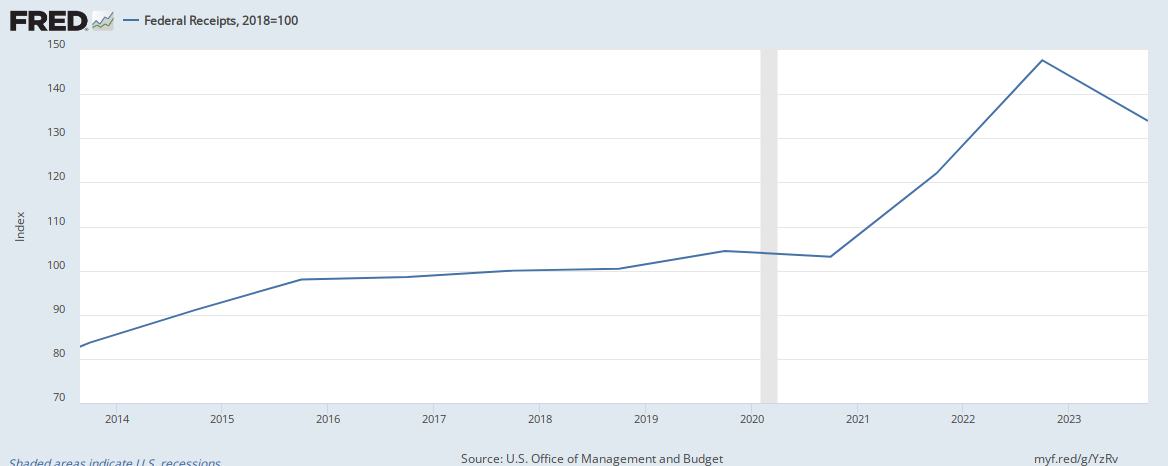Somebody assembles those bombs. Others transport those munitions. These are products, like any other products, even if you don't see them sold at Walmart. And EVERY industry funnels money to politicians.
I hate lobbying as much as the next guy, but I'd bet that the butter industry has some lobbyists, too.
The guns vs. butter argument is a false one, in the context of federal spending. It implies that you can only afford one or the other, or only produce one or the other. But when there is excess labor and excess capacity in the economy, manufacturing guns doesn't impact the butter industry one bit. If anything, it helps, because on some level, commerce is commerce. People employed by the defense industry (and these people exist, trust me) have more income with which to buy things like butter. The govt., of course, has plenty of money to buy both; it just chooses not to.
If we ever get to a point where there isn't enough labor or materials to produce both in the quantities we need, then your argument will apply. But we aren't even close to getting there.
Sometimes we do just give them arms.



